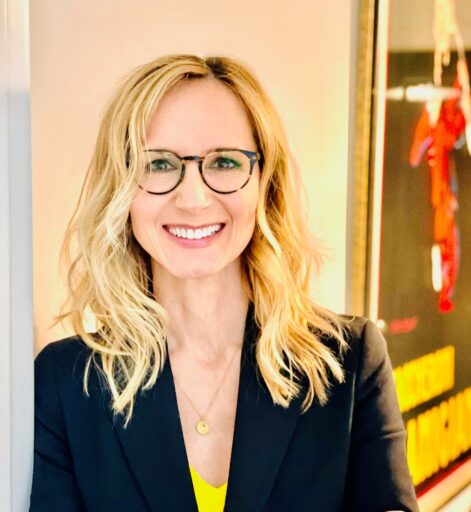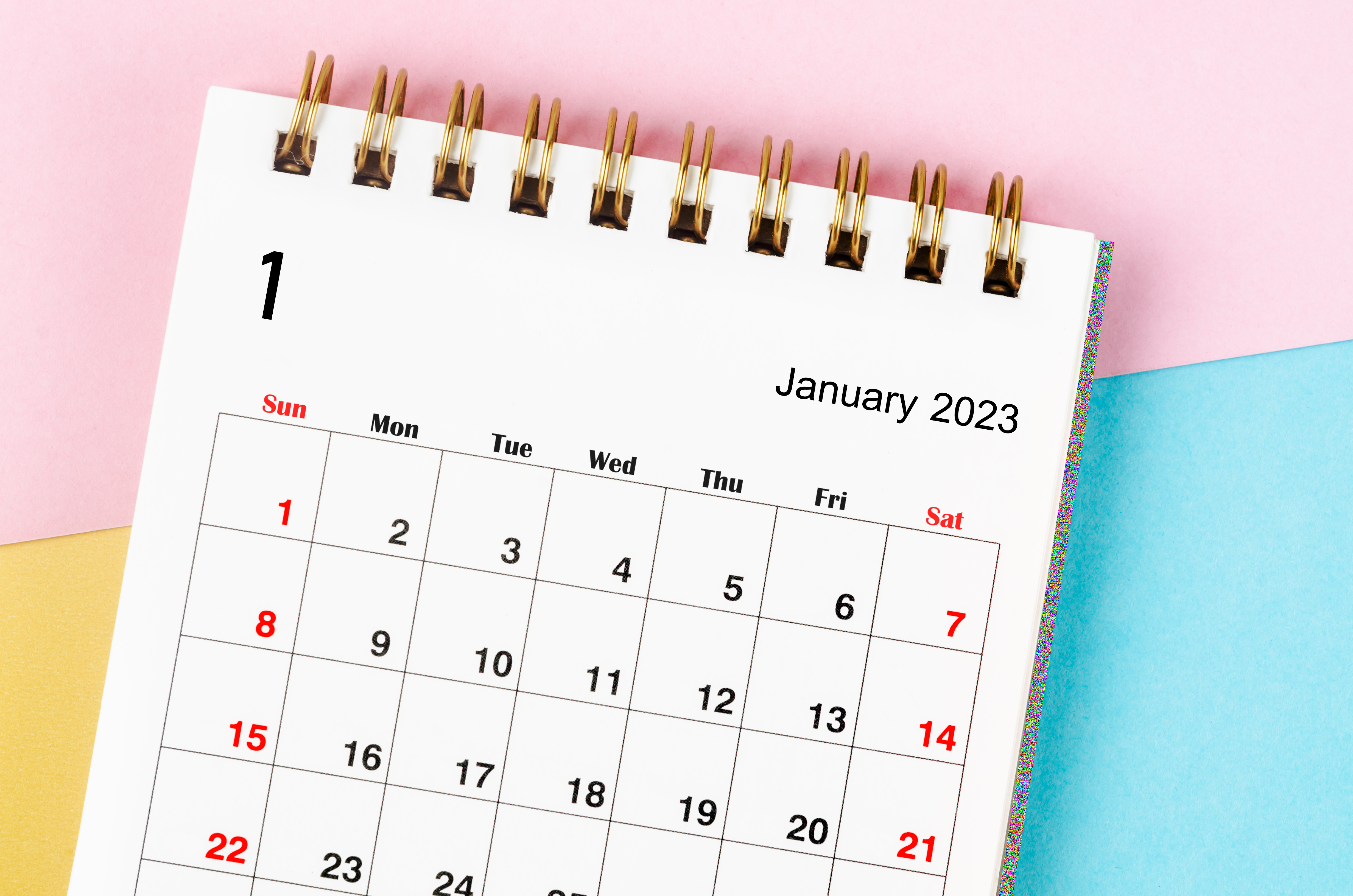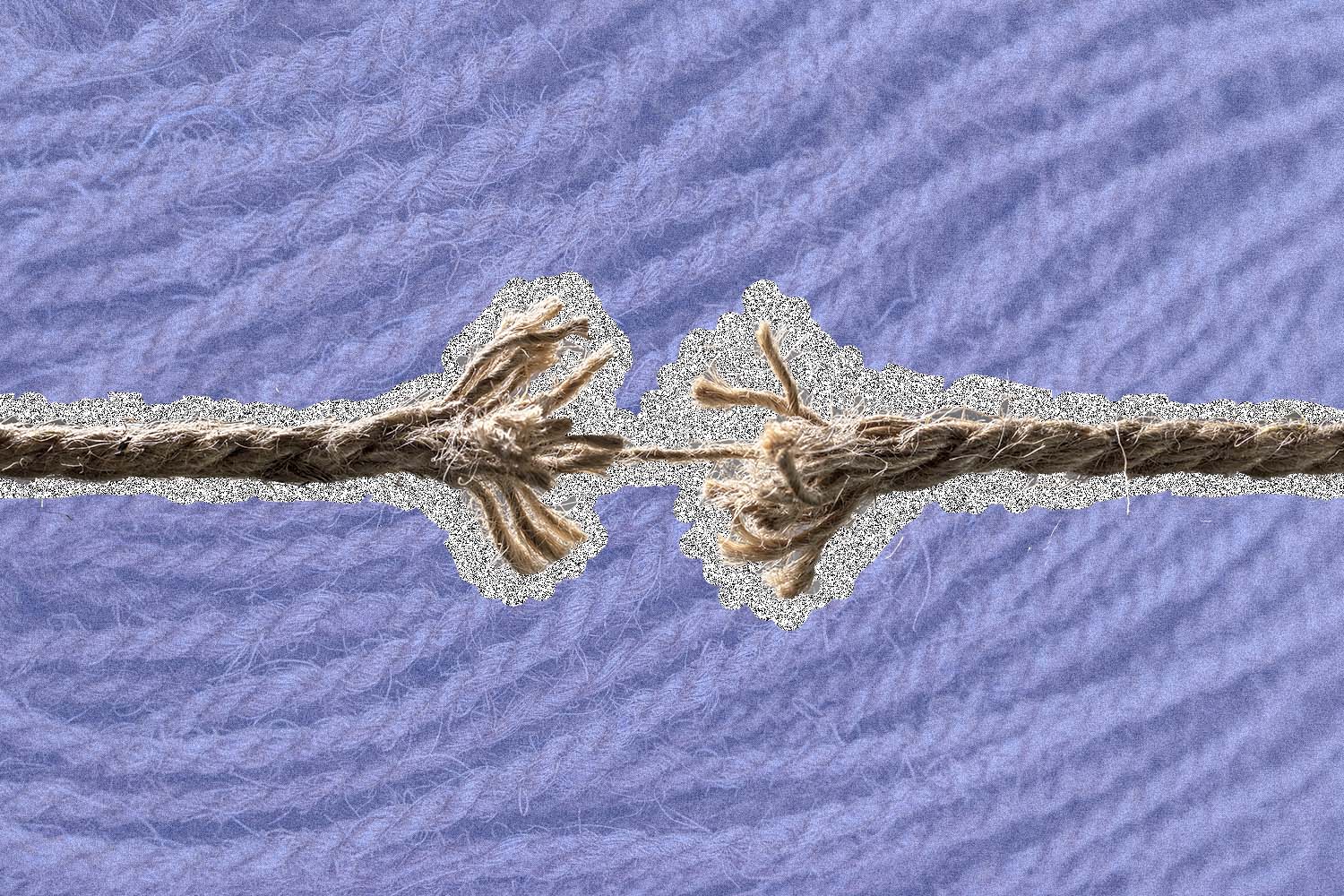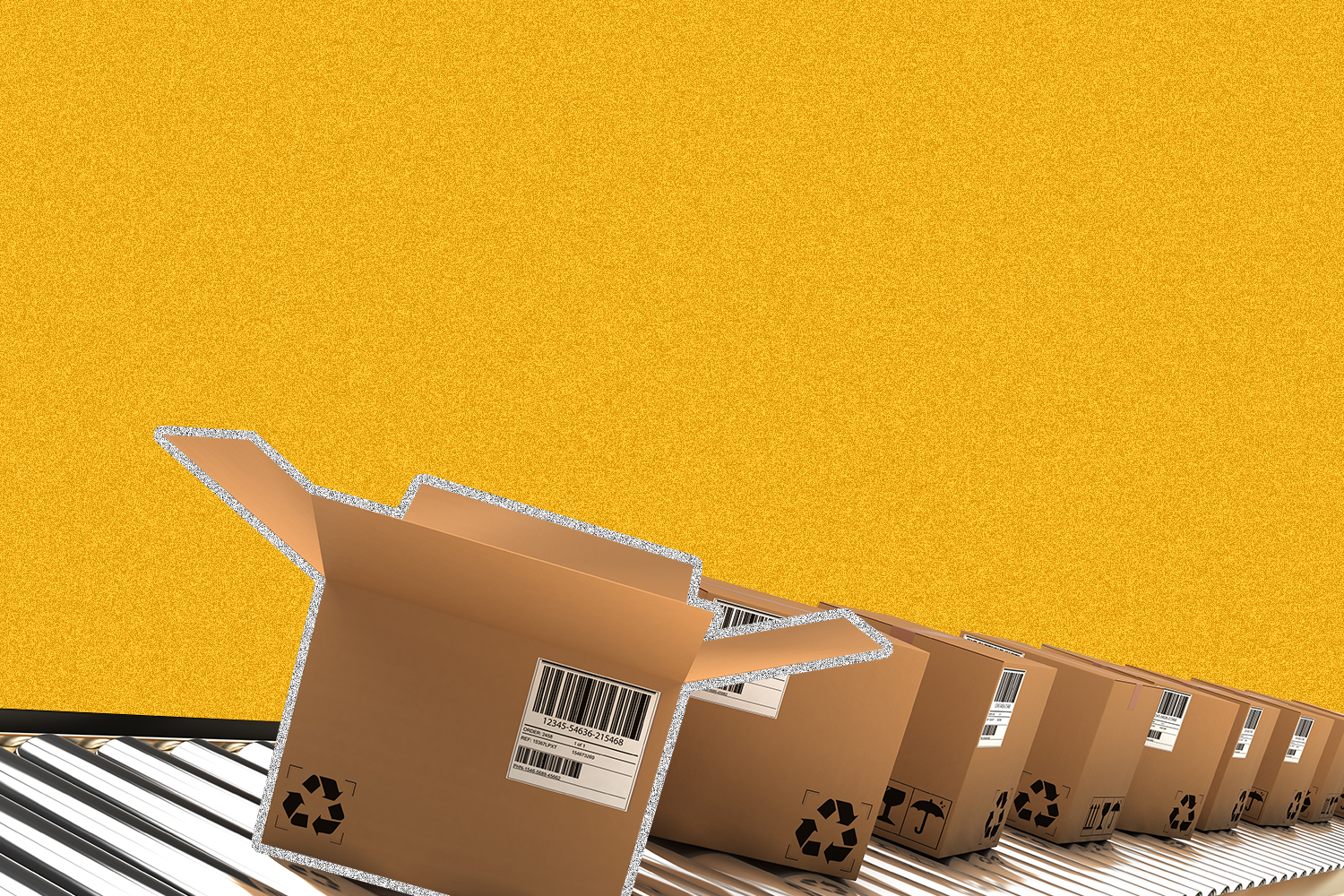Unispace’s first chief diversity officer (CDO) Chely Wright — yes, that Chely Wright — isn’t afraid of authenticity. After realizing her dream of becoming a country musician and receiving the award for Top Female Vocalist from the Academy of Country Music in 1994, she put her career on the line when she came out as a gay woman in the industry in 2010.
Although coming out did affect Wright’s career — not only did her album sales tank, but she also received death threats — it also presented an opportunity for her to step into a new role as an advocate. She founded the LikeMe Organization, which creates inclusive spaces and provides scholarships and resources for the LGBTQ+ community, and serves as the vice chair on the board of directors for GLSEN, a nonprofit organization creating a safe and inclusive school environment for LGBTQ+ youth.
Wright was hired by Unispace, a global workplace strategy, design, and construction firm, in March 2021 to lead its global diversity, equity, and inclusion program. The first thing she did was establish partnerships with key agencies, including the Women’s Business Enterprise National Council (WBENC) and the National Minority Supplier Diversity Council (NMSDC), “to identify, cultivate, and develop relationships with diverse vendors.” (See our list of professional organizations you may want to join.)
Read on for an edited excerpt of our exclusive interview with Chely Wright to learn what characteristics she embodies as a CDO, what organizations she’s a member of, and how COVID inspired one of the company’s two employee resource groups.
Senior Executive Media: You started your career in country music, came out, and then became an activist. How have these experiences shaped your work in DEI?
Chely Wright: I moved to Nashville when I was 18 in pursuit of a career in music; songwriting, producing, and making records. It’s as challenging an industry as any other industry on the planet; it’s highly competitive… There’s kind of an algorithm; I don’t know what it is, but there’s just a combination of factors that create success. Luck does have a lot to do with it, but you know what they say about luck — it’s when opportunity and preparation collide. I would have to say that I’m a pretty good songwriter, a pretty good singer, and good at being an artist, but I think the secret to my longevity in country music was a couple of things. The music is important, but the business component is important and it’s relationship driven. It’s about doing what you say you’ll do, and following through on it. But at the heart of all of it is storytelling and story-hearing; it’s a sales position, essentially. You have to make a record that sounds like it could be fit for radio, but when you go out to radio, and you try to get them to play it on a big scale, it’s sales. You’re not selling the record in that three minutes of a song. You’re selling yourself… It’s about making sure that your fans, radio, and people in the industry like, know, and trust you — that was a big part of my career: growing those pieces.
“You know what they say about luck — it’s when opportunity and preparation collide.”
Then I came out of the closet in 2010. I made the decision to come out of the closet in 2006, but strategy is a big part of how I think… I knew I had to operationalize it well. I could have just come out onto Facebook or Twitter and said, ‘Hey, y’all, I’m gay.’ But I wanted to tell my story well, and that’s when I deployed the strategy. I wrote a memoir. There was a documentary film. I just wanted to do it well.
You asked the question: How did I get into the DEI space? It was really natural for me. After I came out, I had a new voice in advocacy spaces. I knew it, and I wanted it frankly. I wanted to leverage my public capital in that way. That’s when I began working in corporate spaces, higher education, faith communities, and, combining all of those strategies — storytelling, story-hearing, change management, team building, all these pieces of who I am — and lo and behold, wouldn’t you know CDO is actually a perfect job for a person like me.
Senior Executive Media: What are important qualities or experiences for a chief diversity officer to have?
Chely Wright: I think to be an effective chief diversity officer, it’s [about] change management. It’s meeting people where they are. I think coming in with ‘big ears’ is the most important thing. I spent the first six months at Unispace listening to people, having one-on-one conversations, and not telling them what I wanted them to know from me, but asking them what I needed to know from them, because you can’t fix it if you can’t face it, and part of facing it is knowing it… I think it’s really important to come in with that big set of ears and really be patient. No one wants to be rushed… In fact, I’ve been part of organizations where people come in loud and big and ready to blow stuff up. It’s so disrespectful of the organization, whether it needs work or not, which most do; it’s so disrespectful of the time, effort, and hours away from family that people have dedicated. I think it’s really counterproductive to come in and not listen first.
Senior Executive Media: How do those skills that you mentioned help you daily in your role? How does it set you apart from other DEI leaders?
Chely Wright: A hallmark of any good artist, in my opinion, is that they have a lot to say, but more than having a lot to say, they listen more than they speak. [Taylor Swift] is one of my favorite songwriters in the world. People think: ‘Oh, I could write a pop song. I could have written that.’ No. They think that, but it’s so hard to do. Great songwriters like Taylor Swift pay attention and they listen a lot.
I have always been interested in people’s stories, what their experiences are. My wife will say things like: ‘We can’t go into a Walgreens or Duane Reade for five minutes because you’ll start talking to people.’ I do! I want to know what their life is like, what it feels like to be them, and that’s a really useful skill when you are in the DEIB space, especially in an industry or a sector that is on its own journey.
Commercial real estate construction is not really known around the world as a bastion of DEIB. So it’s really important to come in and build trust and listen to people — understand where they are as a collective and as an organization, and individually. I get to use my skill set every day of listening and then also communicating back to [employees] and helping our leadership understand that this is a long journey. Every day, we have an opportunity to either build trust or degrade trust with our teams.
Senior Executive DEI Think Tank is a criteria-based membership community for chief diversity officers and senior-level DEI leaders at large organizations to share difference-making tactics, trade valuable resources, and seek the counsel of experienced peers in a private, confidential setting.
Do you qualify?Senior Executive Media: Can you get more specific with the strategies you use in building trust and opening dialogue within your team? What strategies can other DEI leaders use and mirror in their work?
Chely Wright: One of the things that I’ve learned is that people want to see themselves in you… I like to share this story about when I came out on the ‘Today’ show in 2010. After I came out on TV, and then walked backstage, my publicist had set up an interview for me with a print journalist. The print journalist…was about 25 years old. I quickly identified that he was part of the LGBTQ community and that he was excited about what I had just done and wanted to talk to me. It was going to be a Q&A format, so he was asking the questions and I knew that the questions he asked would be part of the copy. He referenced me as a queer person in a question, and I recoiled. I said: ‘Well, can I ask you to not use the word queer in the question?’ He said: ‘What do you mean?’ I said: ‘Well that’s not a word that I use to describe myself. I either say I’m gay or I’m a lesbian.’ He truly looked at me like, ‘whatevs.’ I was so bothered by how he felt so comfortable to use that word because when I was a kid, it was a pejorative, and even when I was in my 20s, of course still in the closet, it was just a really negative word to me, and it pained me, it really affected me. I think I didn’t have a good interview for the rest of the time with him.
Then after that interview, I became embedded with organizations like GLSEN, GLAAD [Gay & Lesbian Alliance Against Defamation], HRC [Human Rights Campaign], and other organizations where these words were being used — that word especially was being used. I noticed that younger people were kind of taking their power back and using it, not as a pejorative, but as their own word. What I like to share with my teams is that I had that reaction 13 years ago, and if I could tell you how many times a day I refer to myself now as a queer person, it’s scores of times a day. That illustrates the journey that I’m on. When I share that with my teams, I can visibly see their shoulders in their ears, like way up, and then they relax when they see that, okay, if this woman who is a practitioner of DEIB can share with us that she’s been on her own journey and that words mean different things at different times to different people, then maybe I can get there too.
Senior Executive Media: Speaking of the work you’re doing at Unispace, why were Women at Unispace and Parents and Caregivers at Unispace the two employee resource groups you launched?
Chely Wright: Construction and real estate — we’ve got a lot of women in the business and obviously, there are chasms, there are pay inequities in our industry and pay gaps. It’s very seldom that you see a woman as the CEO of something in our industry. So, obviously we wanted to address the needs and the voice of women. Our second ERG, we very mindfully decided to launch Parents and Caregivers because we thought that was a really important way to highlight the ‘B’ in DEIB, the belonging, because we do have a lot of straight white guys who are dads… We didn’t want to widen any divisions among our teams, and we wanted to show that ERG work is for all of us to do — it’s culture work. It’s not just for the Black, Brown, queer women, parents, and caregivers in our business. It’s a hard time, you know. It’s been three years, and it’s been a slog for people with young ones and caring for elderly parents. By the way, we’ve all kind of become caregivers at the drop of a hat. All it takes is one COVID test pinging positive in your household and all of a sudden you’re a caregiver. We thought it was a really important moment to launch the conversation around parents and caregiving.




